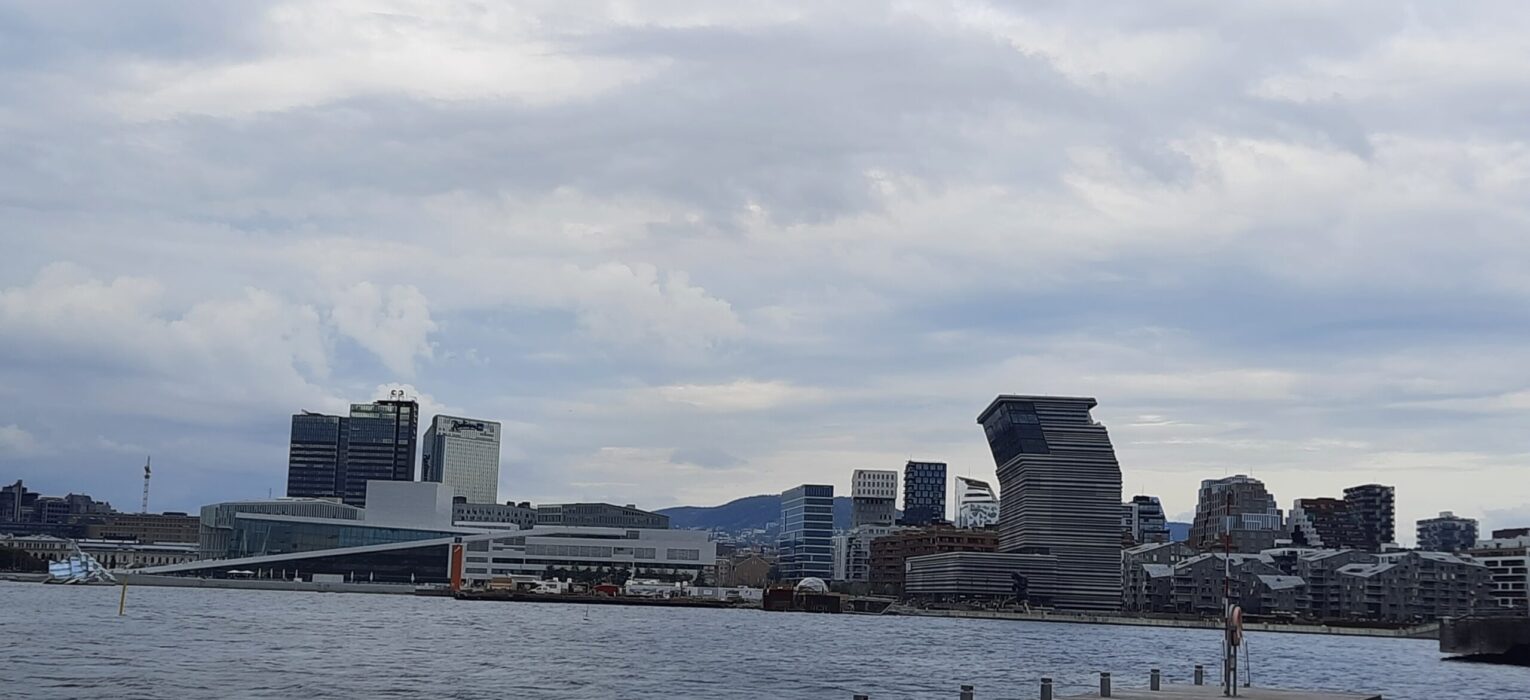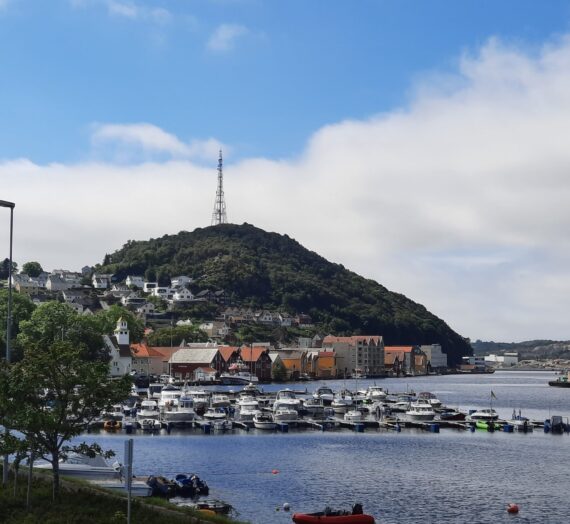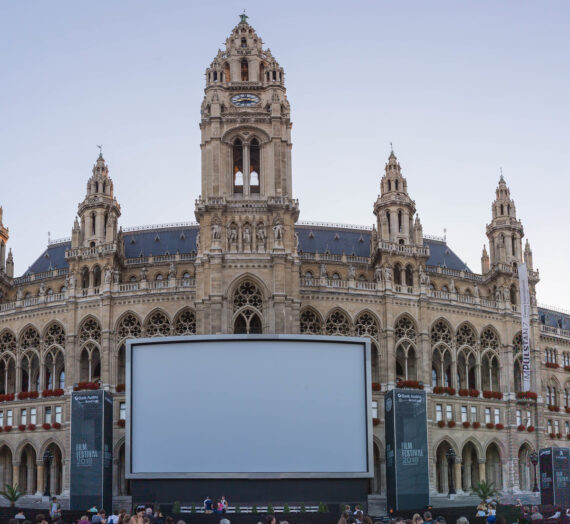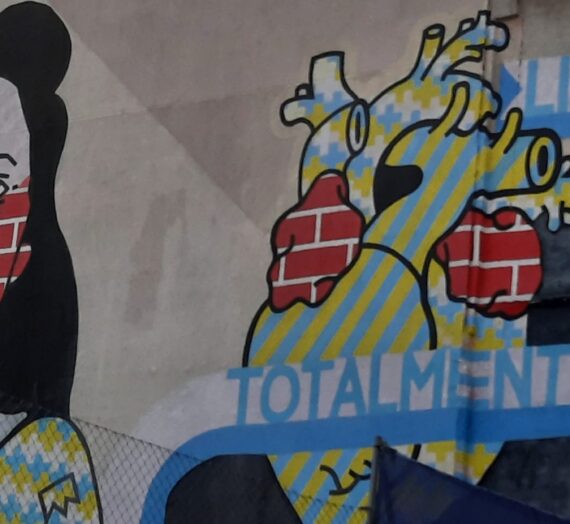As first thing, Litz noticed in Oslo airport’s train to downtown the snack machines close to the exits. A gay couple sat on the floor holding each other’s hand, waiting to go out at the main station.
The journey to her accommodation was long, but not tiring. Norwegian trains were punctual and frequent. She had chosen to share a top floor flat in a huge building of a slightly peripheral residential area in Oslo. The neighbourhood was industrial, but very well kept. People were wealthy enough not to get easily harassed. A Muslim woman attracted her attention proudly driving her Tesla.
Her host was a wannabe painter who sustained her art renting a room in her apartment. She was not too old nor too young. The flat was clean and in order. The room was a bit tiny, but furnished and decorated in a sweet way. Internet was reliable.
Litz switched on the heating, the biggest luxury of that place, and took off her clothes at a decent temperature: 18 degrees Celsius. She wore something more elegant and took her way to the city centre. She silently lamented her decision not to pack any hat.
At her first time in the city, she didn’t even bother researching something interesting to do. She headed to the most popular mobility hub and started to walk. She owed walking modern urban promenades a huge portion of her sanity. Globally underestimated, promenades were actually one of the few experiences almost all human beings had in common during recessions. Robots had existed everywhere since years already. Normal people simply wouldn’t notice that on time to properly manage them.
A hot take-away filter coffee and a not-too-oily little flammkuchen from the nearest bakery store restored her enough not to crave for costly indoor activities. She giggled at the crossed flag pins at an official souvenir shop and she duly memorized the countries.
She passed along the Munch museum and The Mother statue before getting to her favourite spot at the harbour: a pool. Nothing fancier than that. Just a swimming pool. She found funny that a pool could lie right next to the sea. The cold wind blew so strong that she easily gave herself an answer. Nobody was swimming there anyway, though.
Litz reached the pool’s furthest corner fighting the wind’s pressure, crossing a curious short Latino safety guard. She stood watching the old castle on a mountain from far away. She felt for a second like in a German romantic painting. Only the fog was missing. A father of two took a picture of her upon request. She smiled. She had made it to Norway. One of the founding NATO members, Norway was a vulnerable country with an exceptional geographic position on the globe.
While on the top of the stunning Opera House, a cannon suddenly sounded over her head, without scaring her nor the rest of the folk around her. She knew it meant to greet very welcome tourists.
It is worth explaining how Litz made it to Norway, such an expensive place to travel. She had planned to fly to Boston those days. However, for the second time in her career she had to change her plans for inflationary reasons. The currency she used to trade at that time had dramatically lost its purchasing power against the US dollar. It didn’t make sense to visit the US and Norway represented a valid substitute.
After all, sightseeing was breathtaking there too.




